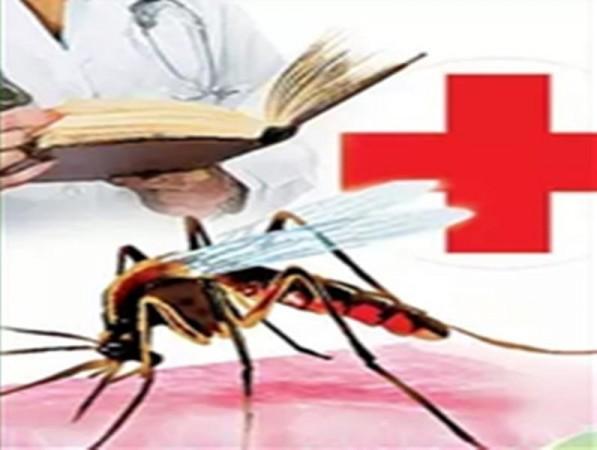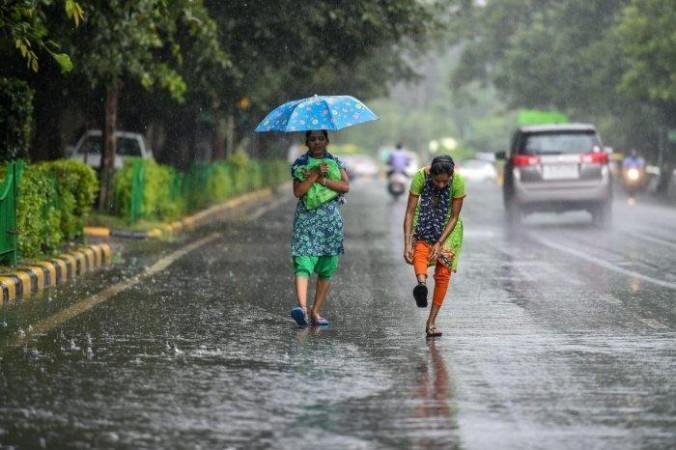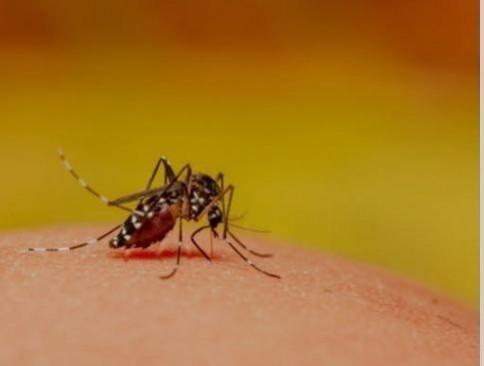
The monsoon season, a period of relief from the sweltering heat, has also brought a surge in dengue cases in various parts of India, including Karnataka, Kerala, Telangana, Andhra Pradesh, Odisha, and Maharashtra. Doctors have advised caution and stressed the need for early detection to boost outcomes.
Dengue, a vector-borne disease transmitted by the bite of an infected mosquito, thrives in warm and humid environments. The disease is endemic to more than 100 countries, and the monsoon season provides the perfect breeding ground for the Aedes mosquito, the primary vector for dengue.
Children are at a higher risk of contracting dengue fever, with varied presentations compared to earlier years. According to Santosh Kumar, Senior Consultant and Lead - Paediatrics & Neonatology, Motherhood Hospitals, Banashankari, Bengaluru, the classical presentation of dengue would be a brief period of febrile illness with vomiting, pain in the abdomen, decreased appetite, and generalized myalgia. However, during this season, even children with atypical upper respiratory infections and gastroenteritis have tested positive for dengue.
The number of dengue cases reported in various states is alarming. Karnataka reported 5,374 cases and five deaths from dengue; Telangana reported 882 cases, while Andhra Pradesh reported cases of both dengue and malaria. Odisha reported 288 cases, and Ernakulam in Kerala has seen 400 cases. Symptoms such as high fever, severe headache, muscle and joint pain, and rash are early indications of dengue.

Early Diagnosis and Treatment
Early diagnosis is crucial in managing dengue. Aravinda S N, Lead Consultant - Internal Medicine, Aster RV Hospital, Bengaluru, emphasized that early diagnosis allows for timely administration of medications to alleviate symptoms, improving the patient's comfort and quality of life during the illness. Early diagnosis not only benefits the individual patient but also plays a crucial role in preventing the spread of the dengue virus to others. Identifying and isolating infected individuals early in the course of the illness can help prevent further transmission of the virus to mosquitoes, breaking the cycle of dengue transmission in the community.
Maintaining adequate hydration levels is also crucial due to fluid loss due to fever, vomiting, and diarrhea, which can lead to dehydration and electrolyte imbalances. The experts also advised people to take protective precautions like avoiding standing water, where mosquitoes can breed, and using mosquito repellents, wearing protective clothing.

Public Health Measures and Vector Control
The surge in dengue cases and the need for early detection and treatment highlight the importance of effective public health strategies. These include not only medical interventions but also preventive measures such as vector control. Vector control involves eliminating mosquito breeding sites, using insecticides, introducing natural predators, and educating the public about personal protection measures. An integrated vector management approach, combining different strategies tailored to local conditions, is crucial in preventing dengue outbreaks.
The current diagnostic methods for dengue, including Loop-Mediated Isothermal Amplification (LAMP) and other molecular tests, play a vital role in early detection and management of the disease. These tests are highly sensitive, detecting even low levels of viral RNA, crucial for early stages of the disease when symptoms might be mild or non-specific. Some versions of these tests can be performed with minimal laboratory infrastructure, making them suitable for field use and resource-limited settings. They can differentiate dengue from other illnesses with similar symptoms, ensuring accurate treatment plans.
In conclusion, the surge in dengue cases during the monsoon season underscores the importance of early detection, effective treatment, and robust public health measures. The combined efforts of healthcare professionals, public health officials, and the community at large are crucial in managing this public health challenge. The experience underscores the need for continued vigilance, proactive measures, and effective public health strategies to combat the dengue menace.

















